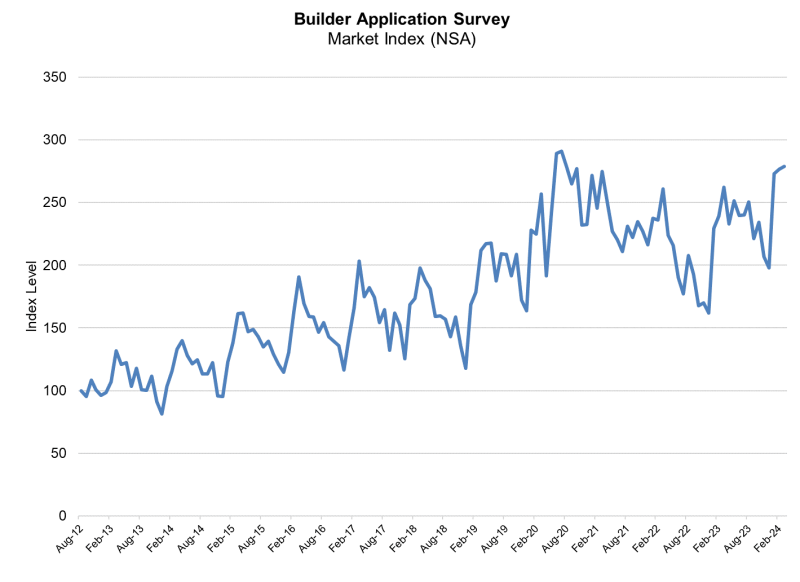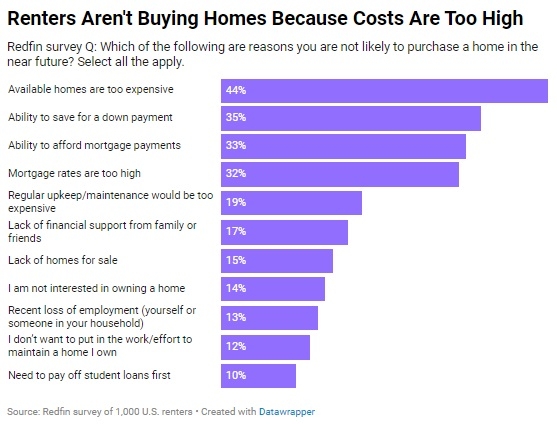Advertisement
New York Fed begins purchasing mortgage-backed securities
Leading national minority oanizations vw to fix Fed's new UDAP ruleMortgagePress.comCitizens for Equal Access to Credit, UDAP, Federal Reserve Board, Javier Cuebas
Citizens for Equal Access to Credit (CEAC), a diverse,
mult-icultural, non-profit coalition comprised of national
organizations representing minorities, small business advocates,
local elected officials, credit customers and leading issuers of
low limit credit cards has expressed concern about aspects of the
UDAP rule recently made public by the Federal Reserve Board. The
rule would prohibit card issuers from financing during the first
year security deposits or fees for the issuance or availability of
credit if those deposits or fees, in the aggregate, utilize the
majority of the available credit on the account at account opening.
In addition, security deposits and fees exceeding 25 percent of the
credit limit would have to be spread out over six months and,
therefore, could not be posted to the account during the month the
account is opened.
"Over 70 million people in the U.S. do not have a credit score
that would allow them to qualify for a prime credit card and
today's rule could leave them with no options to safely improve
their credit score," said Javier Cuebas, executive director of
CEAC. "Until the Fed or Congress addresses the real world impact of
the pricing aspect of the UDAP rule, millions of people from
underserved communities that this rule is intended to help, may
suffer significant harm."
Over the past year, CEAC and its partners provided economic data
and guidance to the Fed as it worked to finalize the UDAP rule.
Nearly one third of the 62,000 letters to the Fed expressed
opposition to the fee cap provision. An independent study found
that over 4.3 million people improved their credit scores using low
limit cards in the last year alone.
"It is essential that we work to find alternatives that will
protect both consumers while ensuring that credit is safely
available to the underserved, particularly during these difficult
times," added Cuebas. "Our members remain committed to working with
Congress and the agencies to build a consensus solution to this
important problem and the month phase-in period will give us the
opportunity to do so."
For more information, visit www.equalaccesstocredit.org.
About the author





